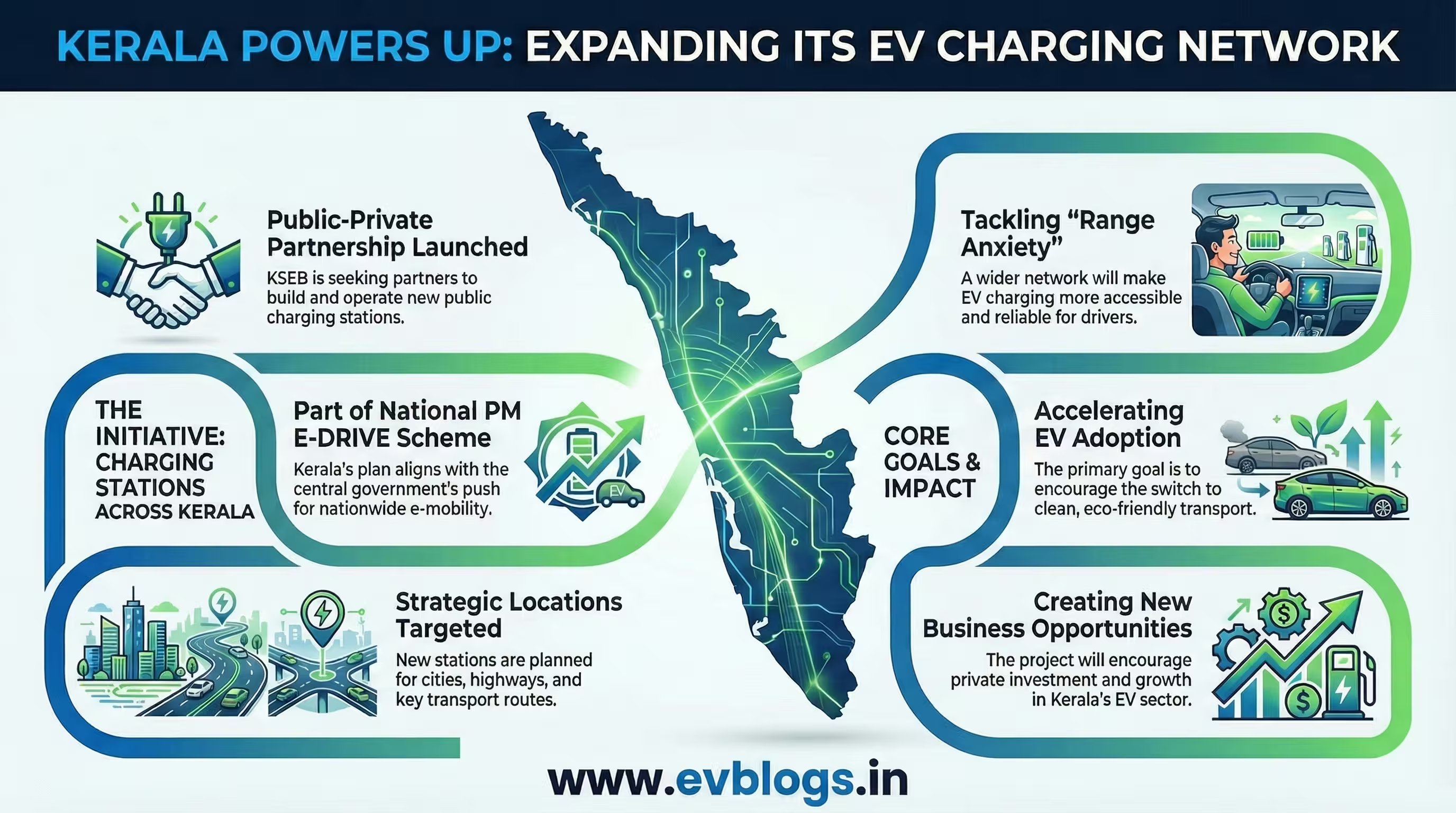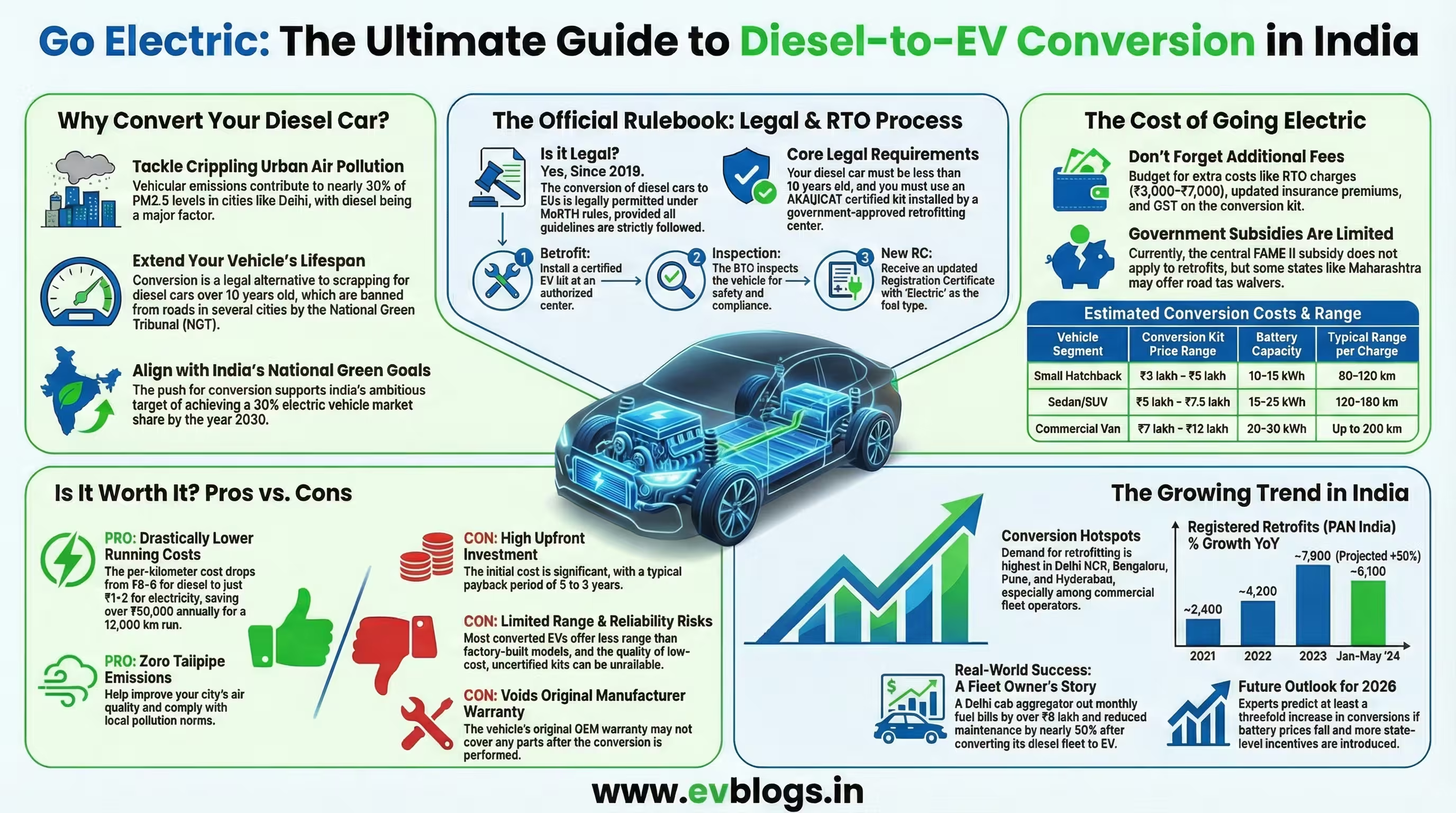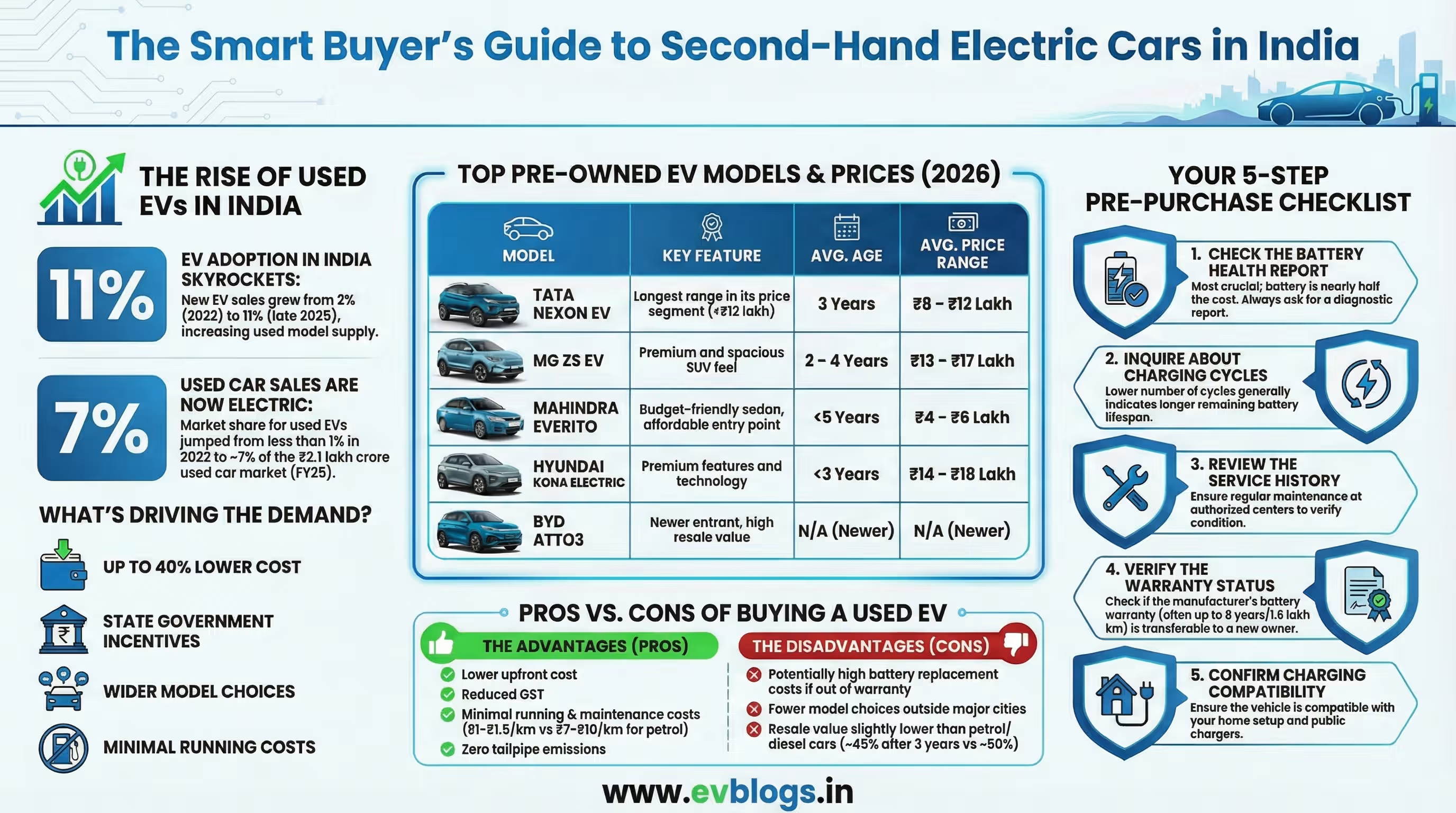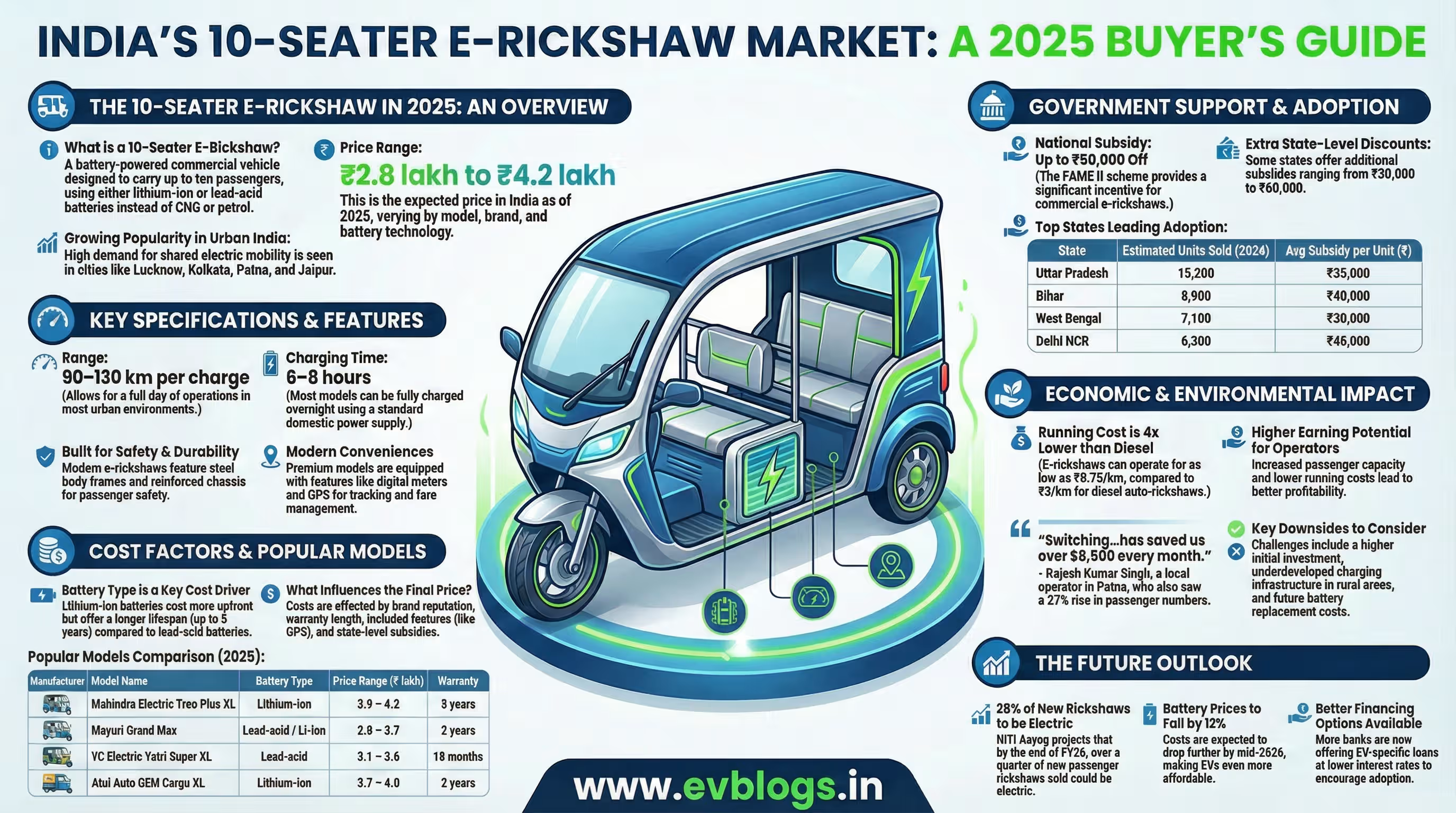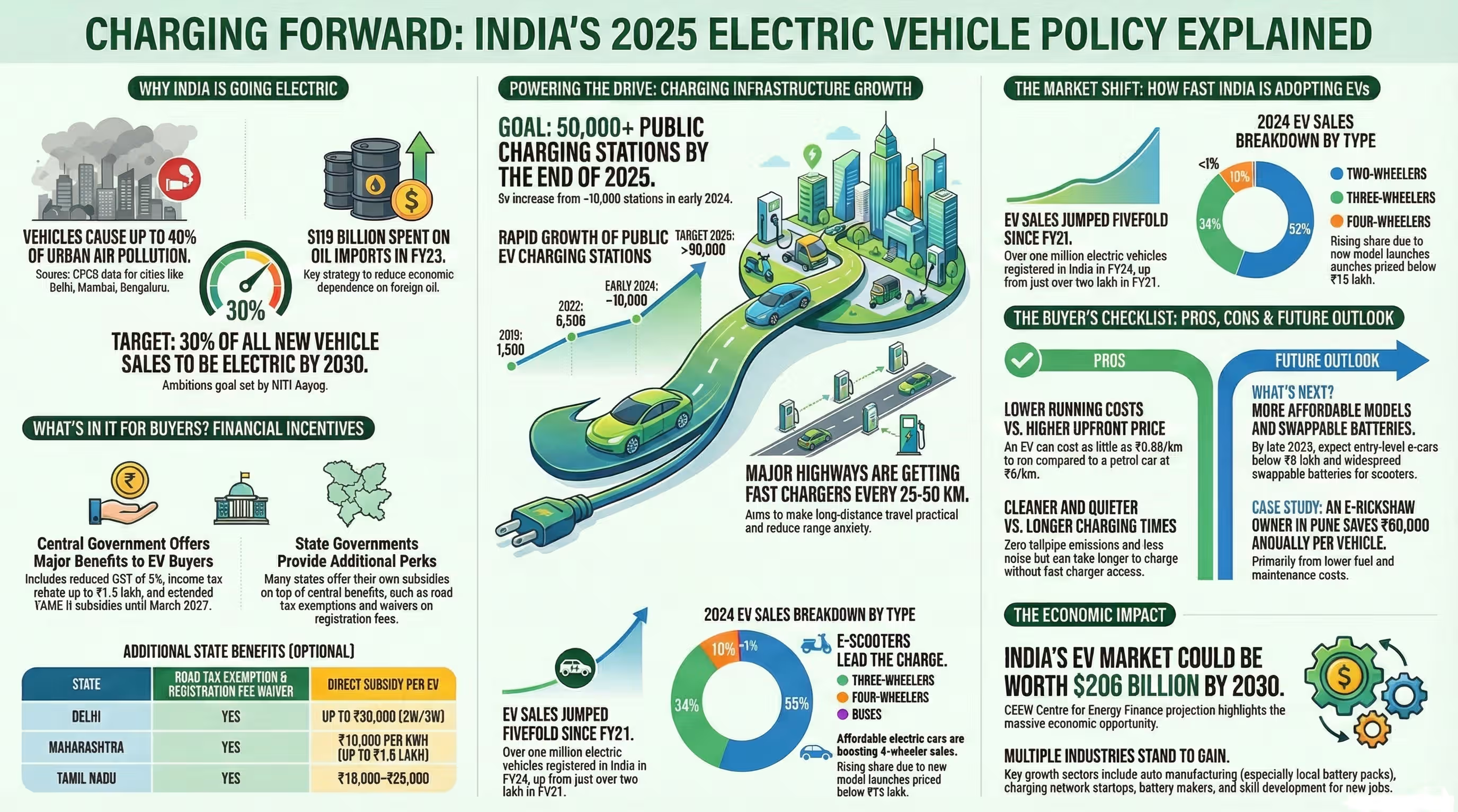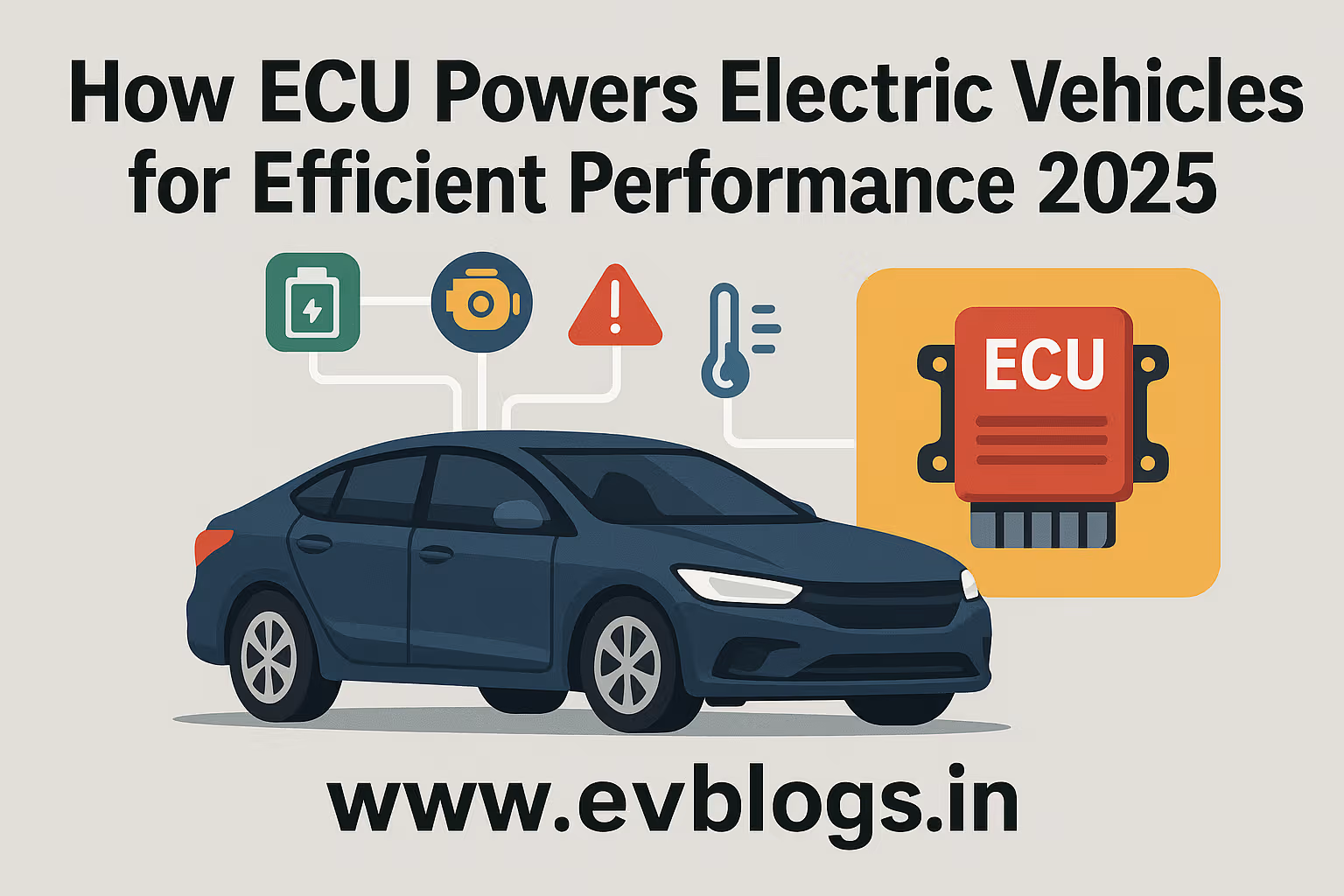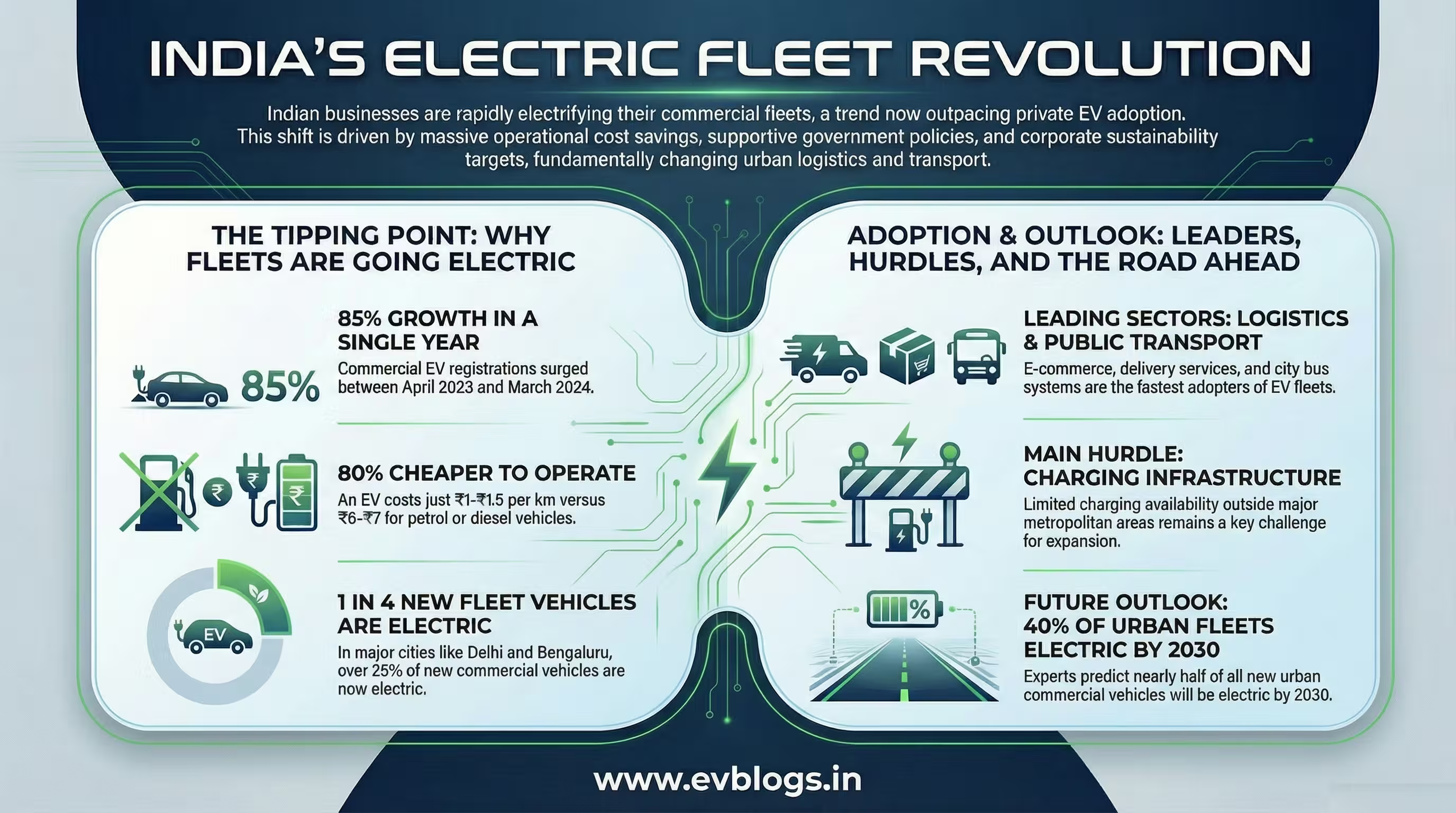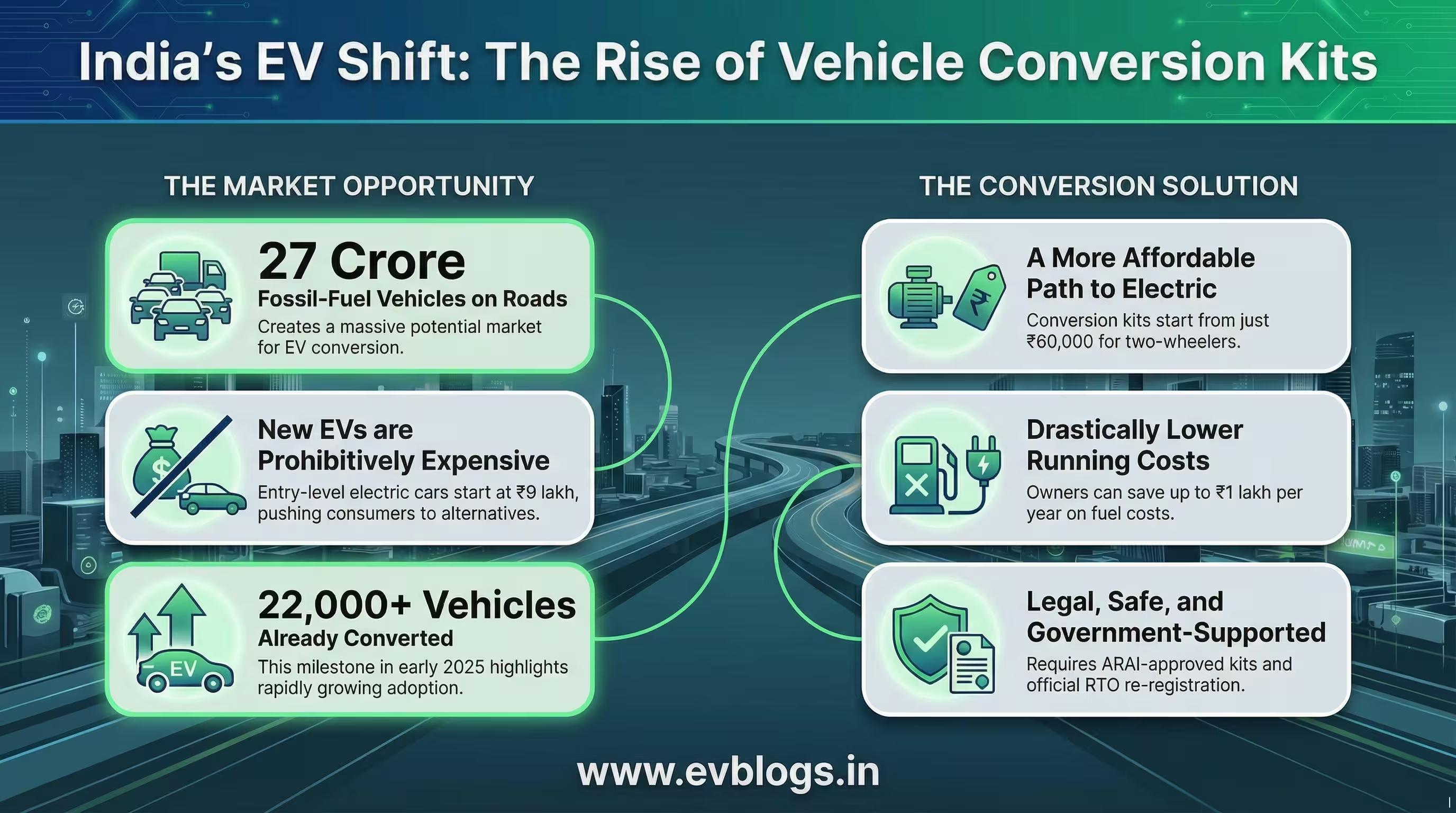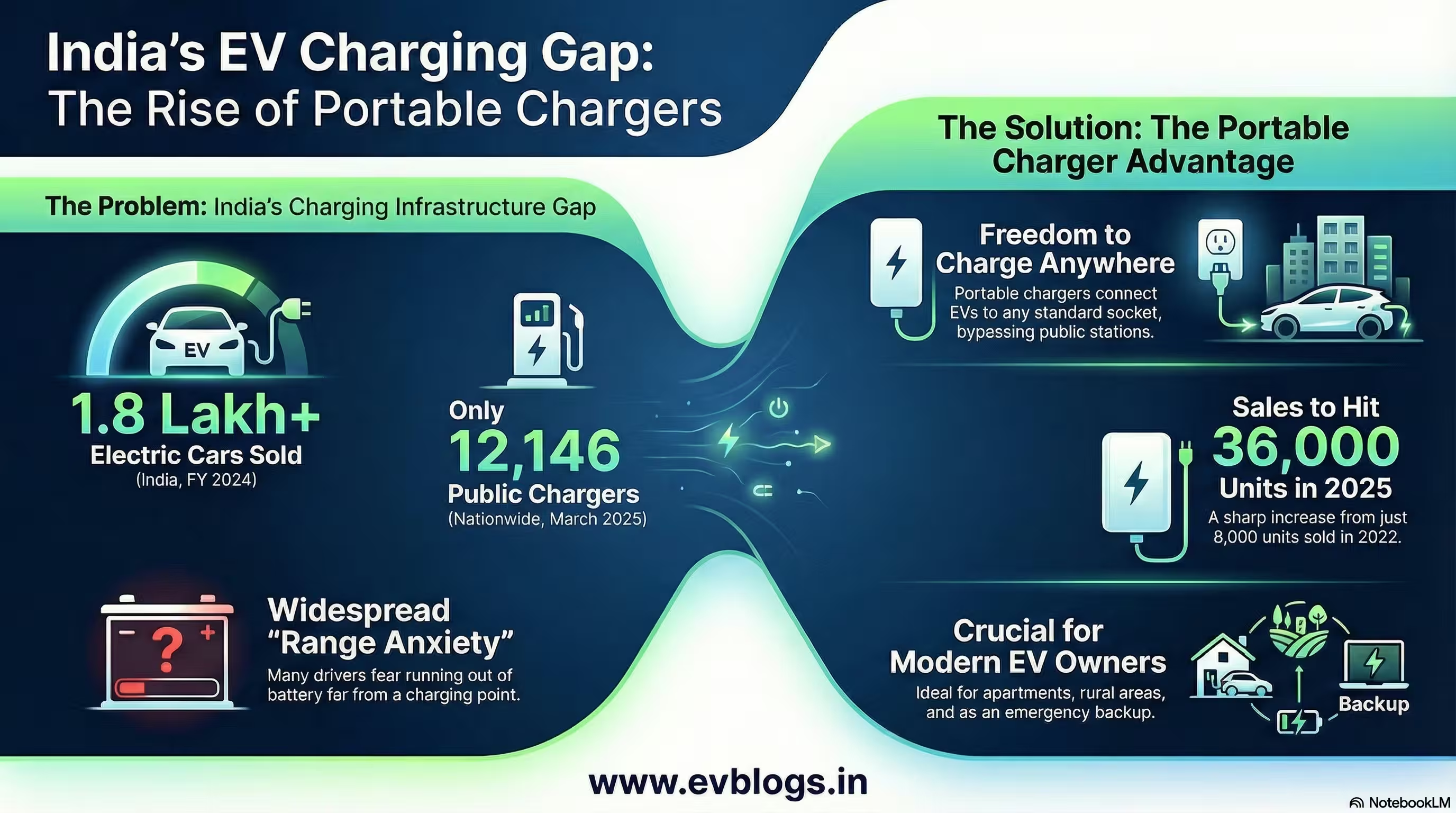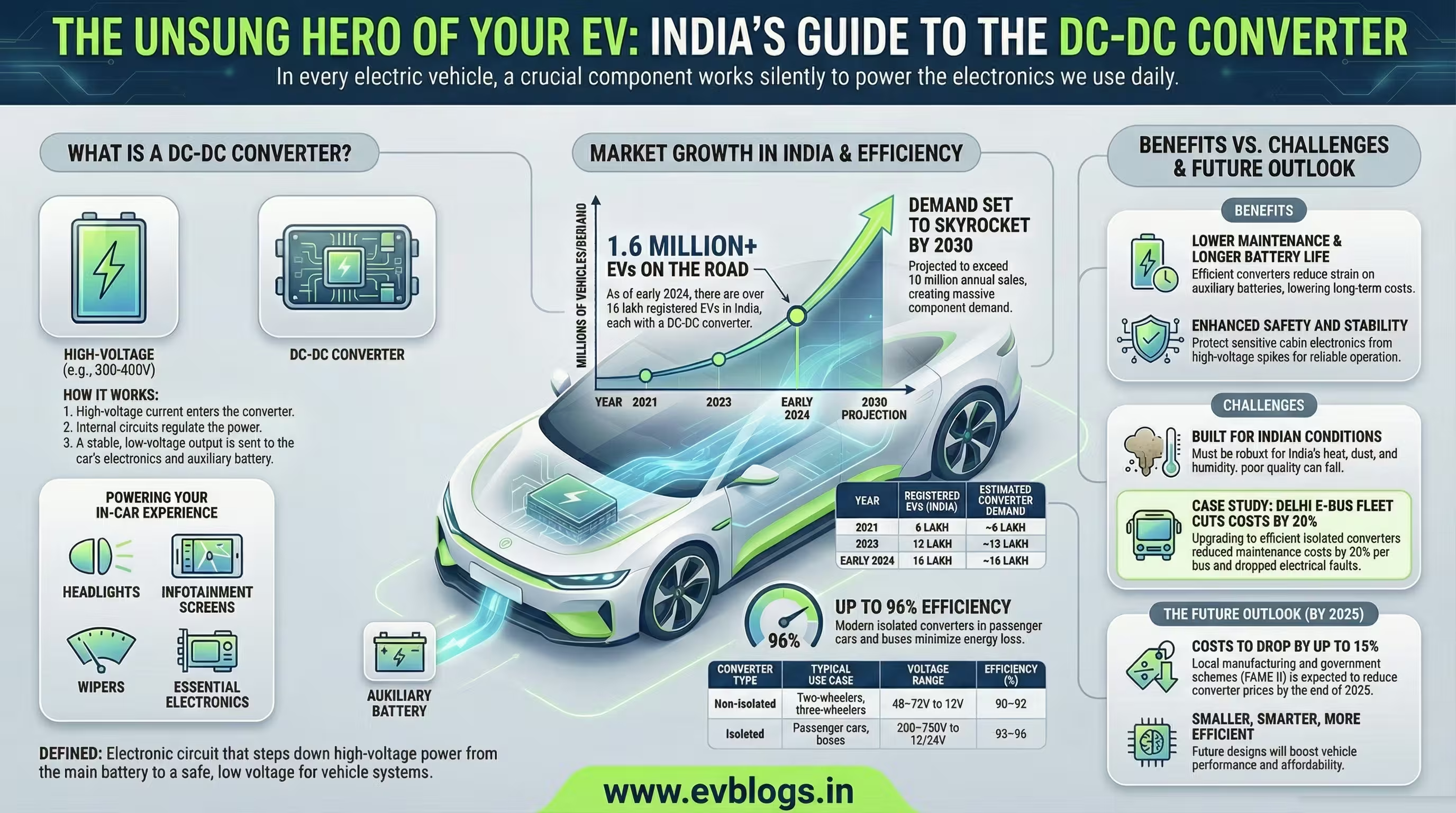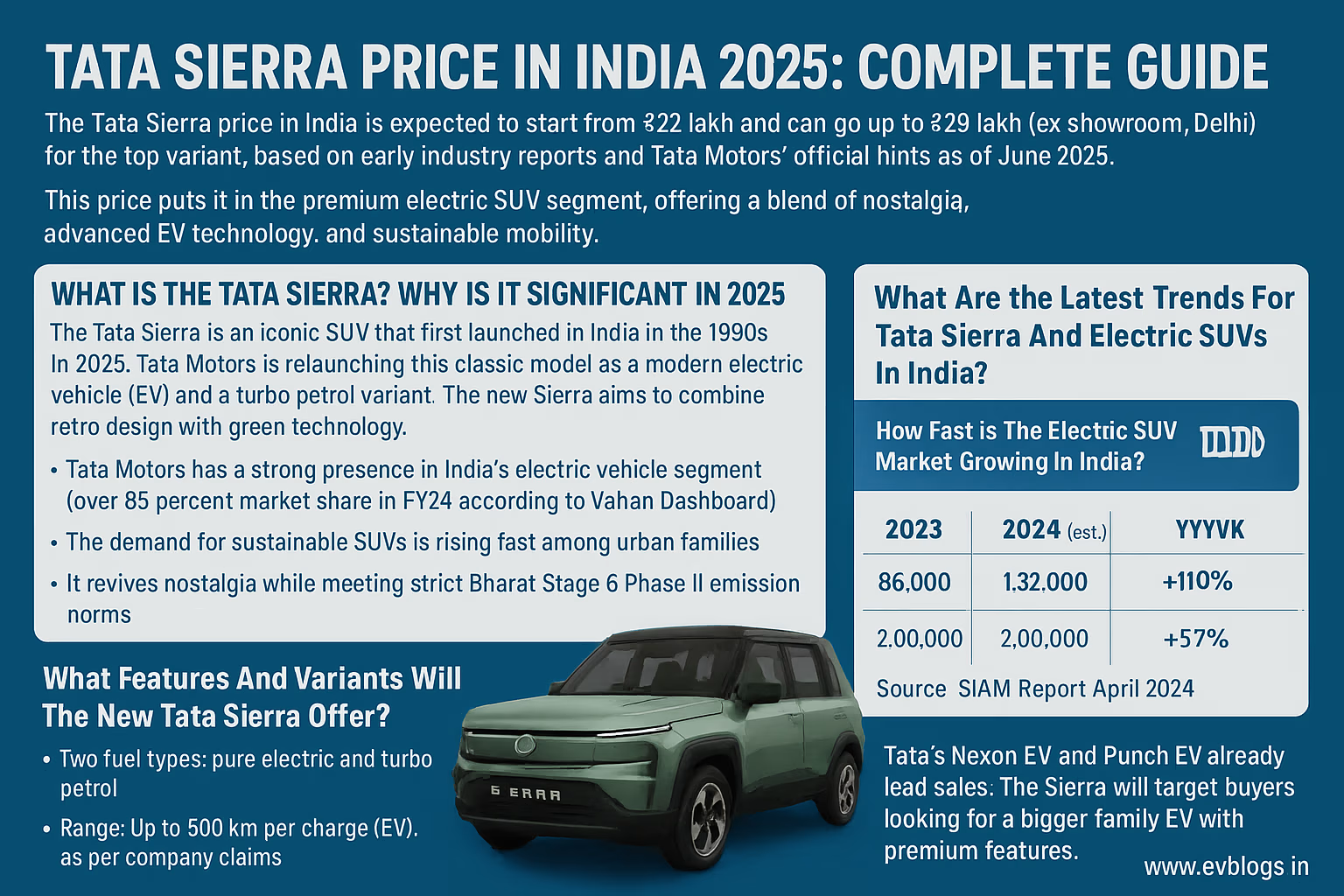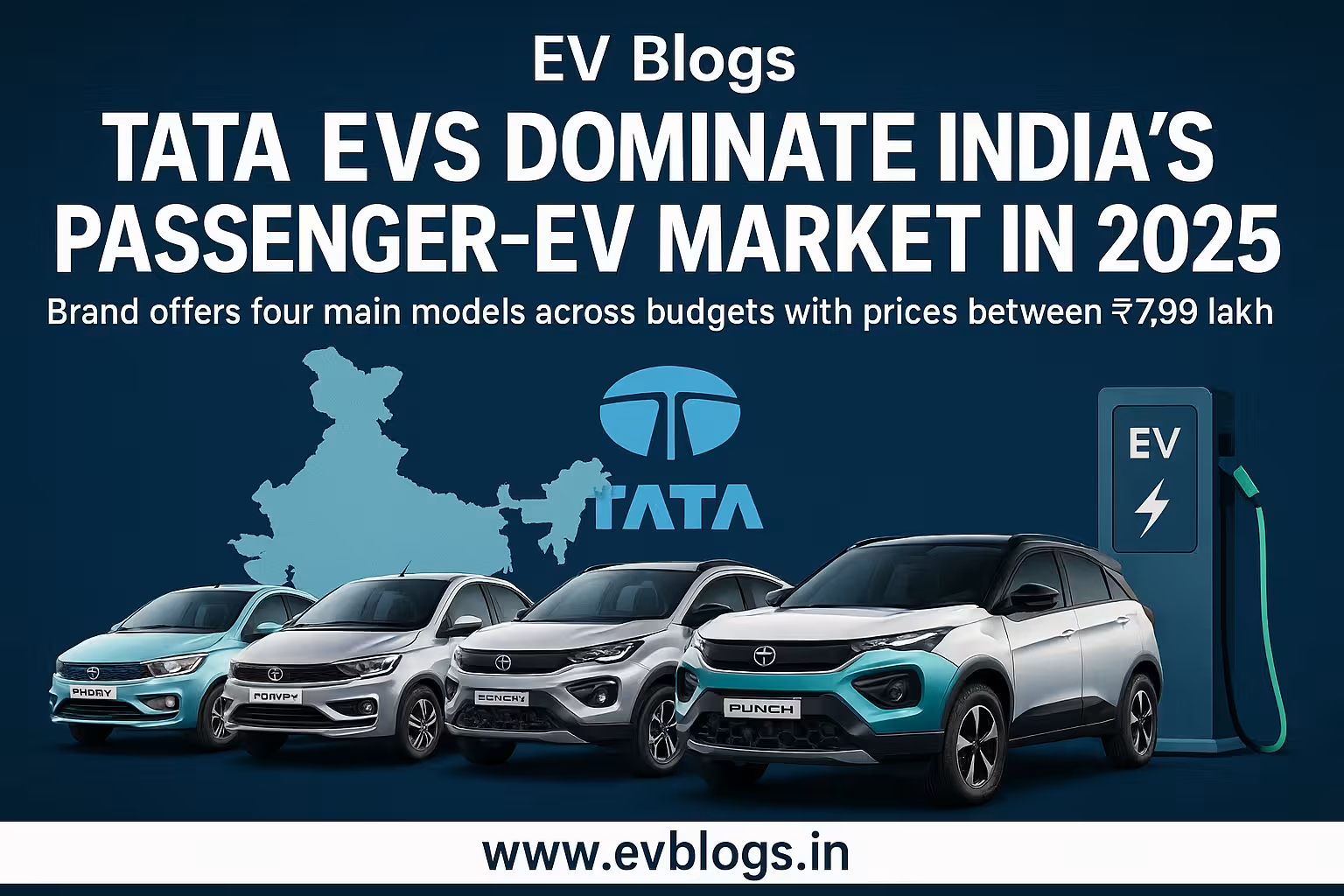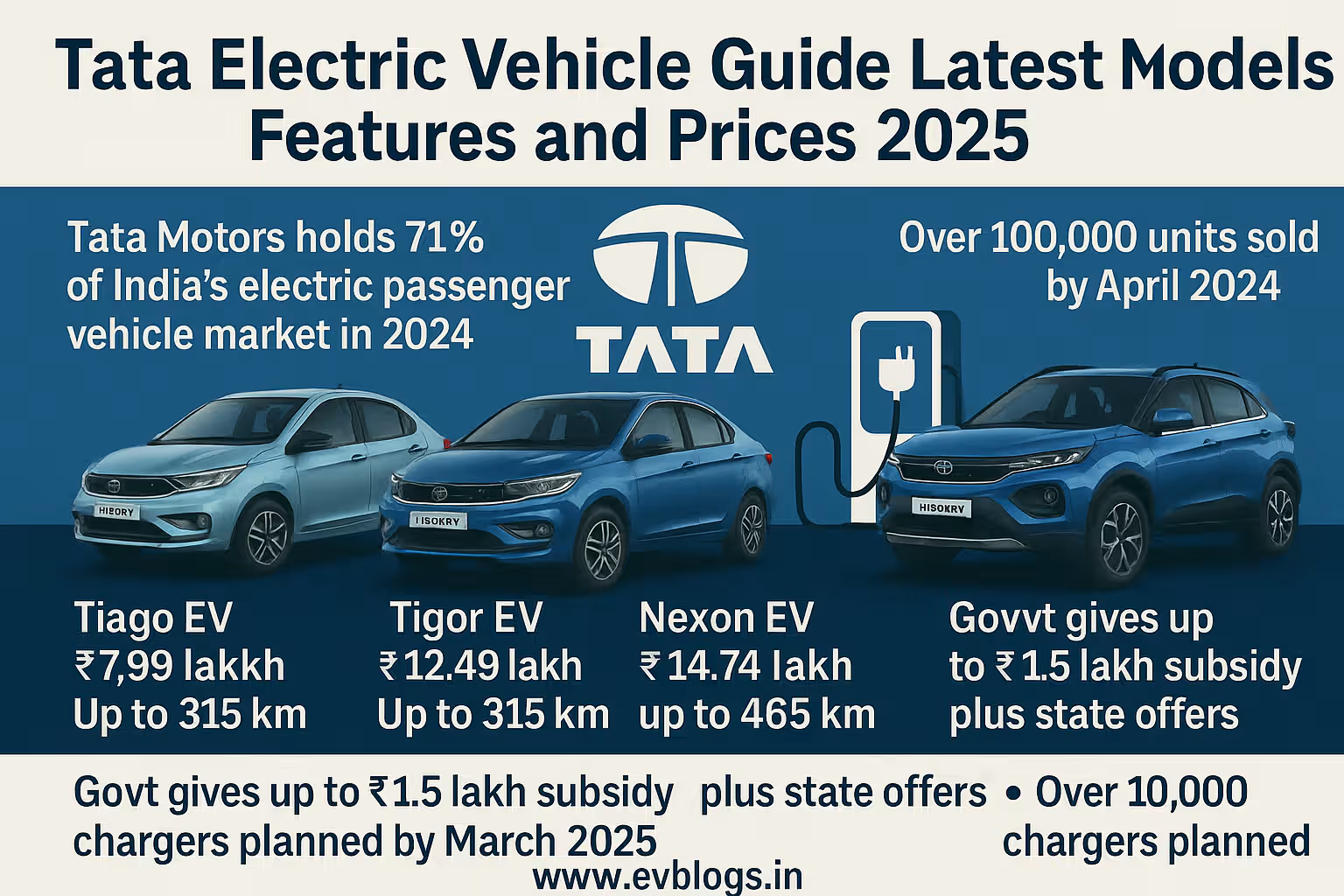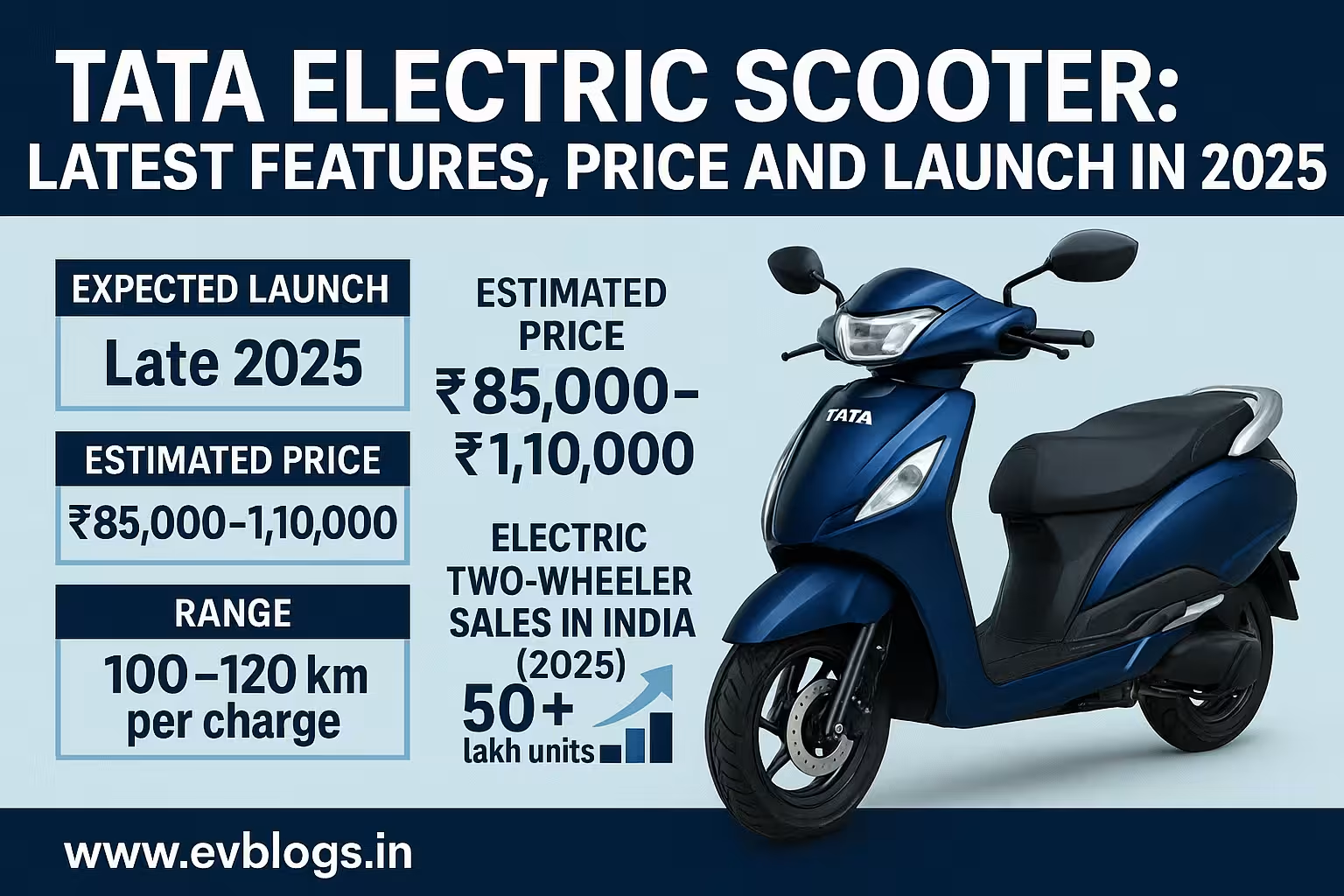Hedhvick Hirav
Hedhvick Hirav is a dedicated EV researcher and editor with over 4 years of experience in India’s growing electric vehicle ecosystem. Their contributions have been recognized in leading sustainability publications and automotive journals.
Summarize & analyze this article with
Choose an AI assistant and open this article directly:
Tip: if the AI doesn’t fetch the page automatically, paste the article URL manually.
Best Electric Cars Under ₹10 Lakh in India (2025): A Comprehensive Guide
Introduction: Reason Affordable Electric Cars are of significance in India
The Indian automobile scene is changing in a significant manner. With the cities fighting off against pollution and the fuel prices rising and falling, Indians are changing their mindset about riding in electric cars not so much because it is environmentally attractive but simply because it is an efficient, affordable way of travelling. But affordability is the biggest bottleneck to most individuals and families except first-time buyers.
The dream of electric vehicles below 10 lakh is more topical in 2025 than before. Prices of faster cars have been costly to sustain and thus completing with the Indian prices governments incentives, expansion of infrastructure and better battery technology have compelled automakers to roll out affordable vehicles that can fit both the Indian roads and Indian purse. This article is intended to guide you through this speedily developing niche: whether you are an inner-city commuter, small business owner, or someone interested in making a wise decision about what to buy next time around.
We will examine the top affordable electric cars worth less than 10 lakhs on sale or to be launched in 2025, compare the car gifting policies in practice, add their suitability specifics, define the eligibility criteria, and give applicable recommendations to help you make an informed choice.
Indian EV market in 2025- An overview
Key Trends
- Rapid Development: Since 2022, EV sales have experienced a doubled increase with each year. By mid-2025, electric vehicles (EVs) account for over 7% of new car sales.
- Government Push: FAME II plan and state-level subtypes keep bringing down the costs upfront.
- Better infrastructure: More than 12,000 public charging points in the country; fast-charging increasing in big cities.
- Various Expectations: The automakers are aimed at smaller and city-targeted EVs that fit the budget of the middle classes.
What is Under 10 lakh?
This is ex-showroom cost not registered and not insured, however, with the relevant government incentives. This, to the vast majority of purchasers, makes road prices affordable.
Best Electric Cars Under ₹10 Lakh in India (2025)
The list below is arranged with the best of them first, ones that have already been released or are already announced to be released by early 2025.
| Model | Price (Ex-showroom) | Range (Claimed) | Charging Time (Fast/Regular) | Seating | Key Features |
|---|---|---|---|---|---|
| Tata Tiago.ev XE version | ₹8.69 lakh | 250 km | 57min / 6 hrs | 5 | Touchscreen, IP67 battery |
| MG comet ev base | ₹7.98 lakh | 230 km | 65 min / 7 rc | 4 | Dual airbags, LED DRLs |
| CITROEN eC3 Live | 9.99 lakh | 320 km | 57 min / 10 hrs | 5 | Connected car tech |
| PMV EaS-E | ₹6.99 lakh | 160 km | NA / ~4 hrs | 2+1 | Mini city car design |
| Mahindra eKUV100 | Under ~₹9 lakh | ~150 km | NA / ~5 hrs | 4 | Compact SUV Type |
Post subsidy price estimate
Registration officially anticipated H2-2025
Close-Up with the Best Models
Tata Tiago.ev XE
The reason it is outstanding:
Tata Motors leads India’s affordable EV race with its Tiago.ev range. The XE trim is the most available full-size family hatchback EV below 10 lakh.
Highlights:
- Zippy performance in the city
- Fair boot space
- Competent protection systems
- Water-proof/dust-proof IP67 battery pack
Perfect As: A perfect option for urban families who require a lot of space without compromising the affordability factor.
MG Comet EV Base
The reason it is outstanding:
The Comet by MG reinvented the city car in terms of size (ultra size) and style (futuristic). Easy to fit in narrow parking places in metros.
Highlights:
- Highly maneuverable
- Digital cluster modern interior
- Decent price to performance ratio
Best Suited: The single commuters or couples who commute mostly within the city.
Citroen e C 3 Live
The reason it is outstanding:
The Citroen eC3 is a comfortable drive and boasts the best-claimed range in its segment, at least, overall. Having French suspension tuning helps.
Highlights:
- Spacious cabin
- Longest reach sub-10 lakh segment
- High-tech infotainment technology
Best Suited: Those who are looking to slide more and further at a low price.
PMV EaS-E
The reason it is outstanding:
A new urban vehicle by an Indian startup to park easily and operate on low-costs.
Highlights:
- Ultra-affordable (with subsidies)
- Very small, very compact-almost anywhere
- Easy to manage yet practical interior
Best suited to: People who commute everyday over a short distance, or people who have a second car.
Mahindra eKUV100 (Expected)
The reason it is outstanding:
The eKUV100 is designed to become the first inexpensive all-electric compact SUV when it becomes available in India. Although official specifications have not been confirmed, industry insiders indicate that it will provide practical characteristics to families who live in small units.
Expected Features:
- Tough SUV style design
- Base package safety
- Connected features provided using app
Subsidy process: Affordability Maximization: Eligibility
What is Central & State Subsidies?
India’s FAME II scheme continues through March 2027 (as per current policy), offering direct incentives on eligible EVs:
These are highlights of FAME II:
- Up to ₹1.5 lakh off per car (capped by battery size)
- It qualifies only FAME II certified models
State Subsidies:
Many states such as Delhi, Maharashtra, Gujarat offer additional discounts (typically ₹20k–₹1.5 lakh), road tax waivers or free registration depending on local policies.
Ways Of Claiming Subsidies:
- Select Car Model Eligible: FAME II eligibility should be confirmed during the visit of the dealership.
- Buy at Authorised Dealer: Dealer will give subsidy, you will pay low cost.
- State Benefits: Can supply proof of residence when it is necessary to state incentives through RTO during registration.
- No Separate Approvals Requirements: In the majority of incentives the dealer billing systems became endorsed.
Who can Apply?
These benefits can be claimed by any person or organization purchasing a new qualifying electric car to be used privately or commercially and there are no income caps to the benefits.
The Major Advantages with Electric Cars Less than 10 Lakh
Financial Savings:
- Low Running Rates: Low costs of electricity compared to petrol/diesel are four times lower in a kilometer.
- Low Maintenance: reduced service cost due to less number of moving parts.
- Tax Advantage: Extra savings in GST cut and waivers of road tax in them.
Environmental Impact:
Replacing merely one domestic vehicle with an electric one can decrease local air pollution and emissions by Co2 immensely, given that in Indian mega-cities, the population is high.
Daily Usability:
Current low-cost electric automobiles come with:
- Plug and charge at home through regular sockets
- Sufficient range for daily commutes (80–200 km typical usage)
- Low noise allows less noise pollution
Special Perks:
The parking in some cities has priority parking or discounts on tolls associated with using EVs, so do check the local regulations during the registration of the car.
Facts & Real-world advice
Dealing with the Proper Budget Electric Car:
Beside price, take into consideration the following factors:
- Range vs Usage Pattern: If most trips are within city limits (~30–50 km/day), even a lower-range model suffices.
- Charging Facilities at Home /Workstations: being able to have regular home /workstation charging eases the burden; find out whether your apartment society can support the same.
- Boots: Space & Seating: Not all mini-EVs are big on boot space so make your plans in advance.
- Service Network & Reliability of the Brand: An established brand such as Tata or MG has superior after-sales services than the newer brands just establishing their network.
- Resale Value Expectations: With the maturity of the market, the resale values will be better although probably still behind petrol/diesel rivals in the current situation.
Real life Use Cases:
Case Study: Urban every day commuter
A daily office commuter in the city of Mumbai has a 2-way daily commute distance of approximately 35 km, which can be overnight charged at home enabling them to use a simple household socket. For them:
- These are perfect alternatives of MG Comet or PMV EaS-E.
- The cost of electricity goes up by approximately 500/month; fuel costs save above 3000/month as compared to petrol hatchback.
- Low-maintenance headache; one service check costs a lot less than fixing a smartphone.
Case Study Small family car
A Delhi family needs a reliable school-run vehicle plus weekend errand runner (~60–80 km/day max).
- Tata Tiago.ev has adequate space/range and it has the assurance of brand reliability.
- Low running/maintenance expense releases house hold money during the five-year possession.
Industry Insights: The Views of the Industry Leaders
Automotive analysts stated that:
With enhanced batteries and high government incentive, entry-level EVs are now feasible to the Indian middle class. – Rajiv Chawla, Auto consult
Dealers observe first time owners are usually anxious about charging:
To our customers we recommend they first consider home-charging they can fulfill almost all the daily demands. – Ramesh Patel, High Sales manager
In consumer surveys, satisfaction is more than 85 per cent in recent sub-ten-lakh EV buyers when range expectations are realistic.
Budget Electric Vs Petrol Cars Comparison
The budget electric cars can compete successfully with petrol vehicles to feel the pressures of the marketplace.
| Feature | Budget Electric Car | High-End Petrol/Diesel Hatchback |
|---|---|---|
| Running Cost/km | INR 0.90 -1.20 | INR 6 -8 |
| Yearly Maintenance | ~2000-4000(Rs) | ~7000-15000(Rs) |
| Pollution | Zero emission tailpipe | Medium high |
| NVH/Quietness | The car is very quiet | An engine noise can be heard |
| Resale Value | Up | Strengthen |
Estimates of the average pricing depending on average usage the difference is according to the brand/model/service center
Frequently Asked Questions (FAQ)
Q1: I live in an apartment, can I fix an EV charger at my place?
Most modern apartments allow slow (regular) charging using existing sockets; some societies install dedicated charging points upon request—check with your RWA/building manager first.
Q2: What happens when I am left with no charge in the middle of the trip?
The hidden term here is that all models available come with low-charge warnings long before it turns zero; do plan ahead in case of longer journeys beyond day-to-day routine as highway-fast-chargers operate more in coverage at this time.
Q3: What is the lifespan of budget EV battery?
The majority of batteries will still have more than 70% of their capacity after six years/100,000 + km; most manufacturers provide five to eight years warranty on batteries/motors.
Q4: Do you have any additional costs that exist besides the sticker price?
Factor in installation cost if opting for dedicated home charger (~₹15k–₹40k), slightly higher insurance premiums vs petrol cars initially due to higher purchase price—but running/maintenance savings quickly offset these.
Q5: Are budget electric cars fast-charing cars?
A lot of low-end models currently have DC fast-charging that allows recharging the battery up to 80% in less than an hour when using a compatible station, so make sure to verify before buying models in case this will be important to your usage pattern.
Conclusione:
Affordable electric cars under ₹10 lakh have finally moved from concept sketches into Indian driveways—and they’re here to stay! There has never been a more convincing moment to see mainstream buyers switch to electric mobility in India with the incredible benefits that include not just a reduction in costs, but also clean air and government support.
If you:
- Largely, only city drive,
- Be able to access home/work charging,
- Desire a reduced operating cost,
then it might be that one of these affordable EVs will change and save your daily commute and your environment as well. Compare models carefully based on real-world needs rather than just sticker price—and don’t hesitate to take multiple test drives before deciding!
And watch the automakers as they announce more and more new models into this entertaining segment, right up to early-mid 2025 and beyond, and see even lower-priced models in the few-lakh-only range anytime now.


